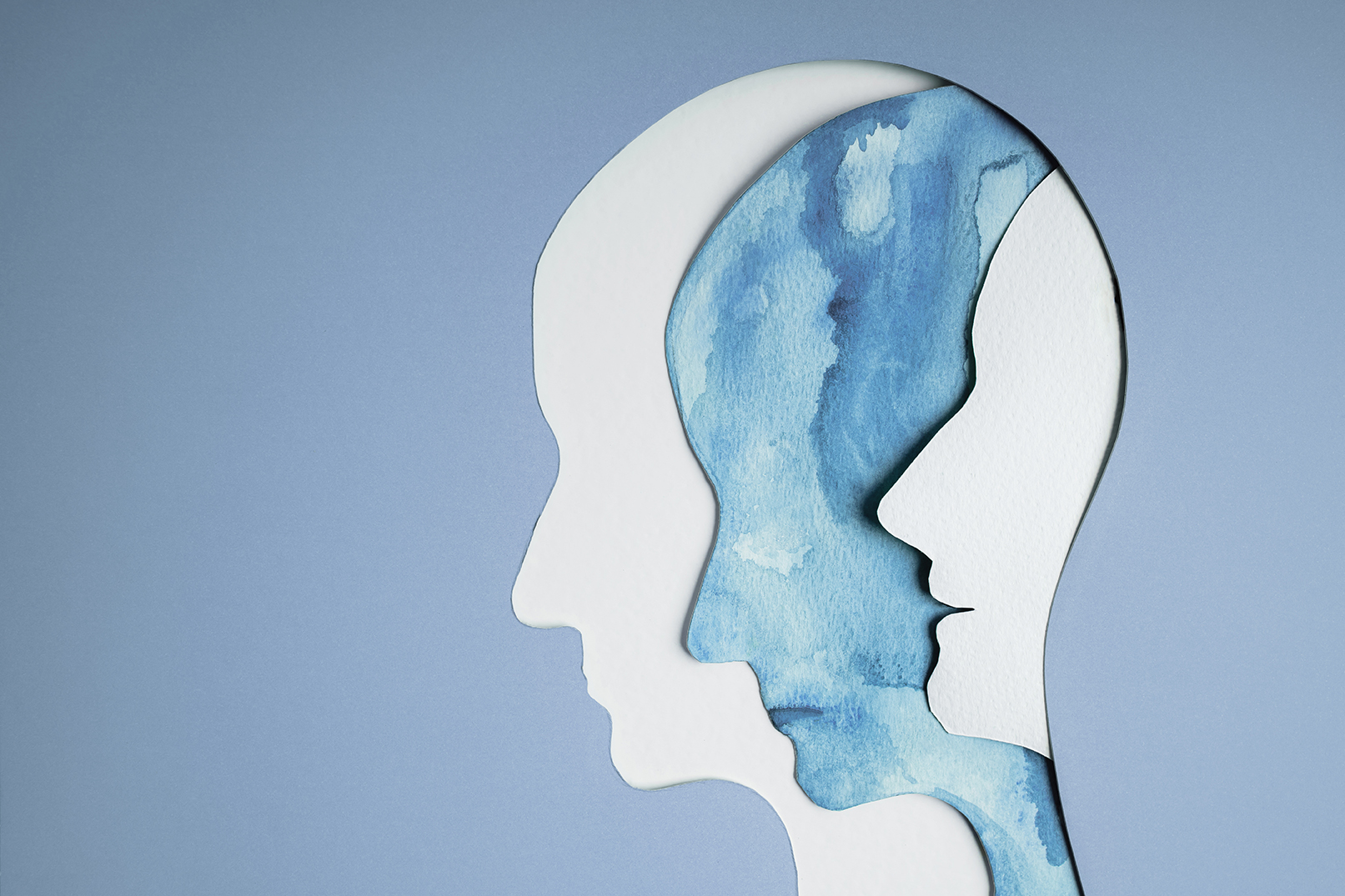Depressive Disorders

Depressive Disorders, commonly referred to as Depression, are mood disorder that cause a persistent feeling of sadness and loss of interest. It affects how the individual feels, thinks and behaves, and can lead to a variety of emotional and physical problems.
Common Depressive Disorders: Major Depressive Disorder (MDD), Persistent Depressive Disorder (formerly Dysthymia), Seasonal Affective Disorder (SAD), Postpartum Depression, Premenstrual Dysphoric Disorder (PMDD) and Depression with Co-occurring Conditions such as anxiety, ADHD, chronic illnesses, or substance use.
Individual’s experience with depression is unique, but the most common symptoms of depression are:
- Consistent feelings of sadness
- Loss of interest in hobbies or activities
- Difficulty concentrating or making decisions
- Changes in sleep patterns (insomnia or oversleeping)
- Appetite changes, with weight gain or weight loss
- Fatigue
- Feelings of worthlessness or excessive guilt
- Suicidal ideations (if active, a person needs to seek immediate help by calling 911 or going to the nearest Emergency Room).
Dr. Zorica Filipovic-Jewell approaches each person who experiences symptoms of depression with compassion and support. Her approach includes the following:
Comprehensive clinical evaluation: This includes a clinical interview and a review of medical history and lab parameters to rule out medical causes of depressive symptoms. When diagnosis of Depressive Disorder is established, it is followed by a psychoeducation and utilization of psychotherapy (CBT, EFT, IFS, relaxation techniques) and medication management with antidepressants, if indicated. Sleep management is often necessary if a sleep pattern is affected.
Lifestyle and behavioral strategies are equally important when treating Depressive Disorders. Dr. Zorica Filipovic-Jewell’s particular focus is to help patients understand the importance of achieving healthy habits such as regular exercise, balanced nutrition, and mindfulness practices, which are all powerful tools in managing depressive symptoms.
Depression can make simple tasks feel overwhelming, but recovery is possible. If you are experiencing depressive symptoms, we encourage you to schedule a consultation.
Areas of Expertise:
Personalized Treatment
For Your Peace of Mind
ADHD
With establishing clear diagnosis and the right combination of treatment, Dr. Filipovic-Jewell can help you advance your life and career.
Depressive Disorders
Lifestyle and behavioral strategies are equally important as psychotherapy or medications in treatment of Depressive Disorders.
Psychiatric Disorders in Medically Ill
Patients facing serious or chronic medical conditions can experience a range of psychiatric symptoms, potentially impacting recovery.
Trauma-Related Disorders
Dr. Zorica Filipovic-Jewell approaches individuals with traumatic experience with empathy and a commitment to fostering recovery.
Anxiety Disorders
With the right therapeutic interventions, individuals suffering from Anxiety Disorders can manage symptoms and lead fulfilling lives.
Eating Disorders
Eating disorders often require a combination of psychiatric care, therapy, nutritional counseling, and occasionally medical intervention.
Sleep Disorders
Sleep disorders include a wide range of conditions that disrupt normal sleep patterns, leaving individuals unable to function effectively.
Women's Mental Health
Bipolar Disorder
Treatment plans, when approaching Bipolar Disorder patients, are evidence-based, and collaborative. Psychoeducation is a crucial first step
Marital/Relationship Related Stress
Whether you’re dating, engaged, married, or in a long-term relationship, therapy can help deepen your connection.
Substance Use Disorders
In addition to treatment, we will provide resources and education to empower you and your loved ones to sustain a long-term recovery.
Work-Related Stress
Left unmanaged, work-related stress can lead to burnout, anxiety, depression, and other health conditions.